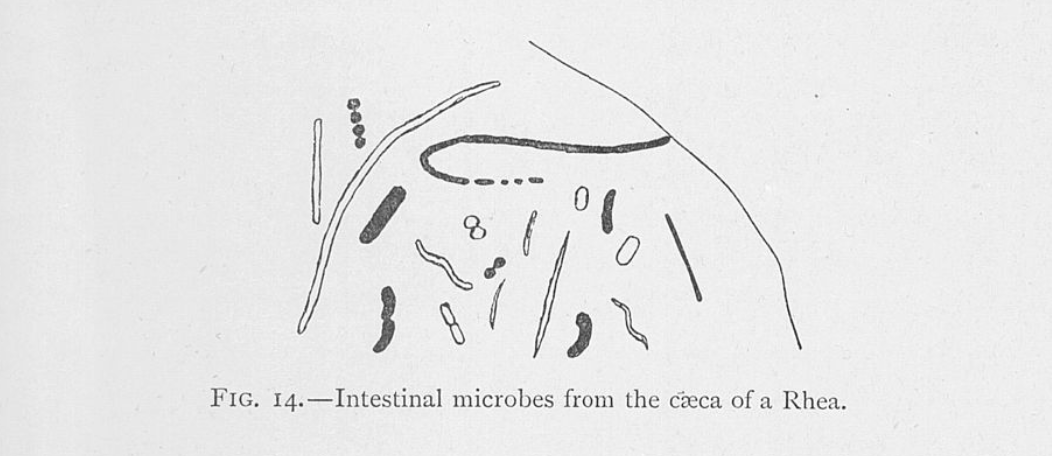
What do evolutionary biology, health fads, and Bulgarian peasants have in common? They are all central to Élie Metchnikoff’s research on old age and prolonging life.
Élie Metchnikoff (or Ilya Mechnikov—he was born in the Russian Empire and migrated to France) was a disciple of Louis Pasteur and a pioneer in germ theory and immunology. In the 1880s, he established that white blood cells protect the body from invading pathogens by engulfing and destroying them. He received the 1908 Nobel Prize in Physiology and Medicine in recognition of his work.
Late in his career, Metchnikoff became interested in aging and the problem of preventing senescence. In "The Prolongation of Life" (1907), he summed up his beliefs on the causes of aging and the possibility of scientifically improving human life (along with ruminations on Kant’s moral philosophy and Goethe’s portrayal of love, for good measure).
Metchnikoff located the cause of aging in an unexpected place: the large intestines. He saw the large intestines as a vestigial organ, necessary earlier in human evolution but now with no purpose other than letting dangerous microbes into the body. He reasoned that animals with larger large intestines would attract more germs, age quicker, and die sooner:
“As the large intestine not only is the part of the digestive tube most richly charged with microbes, but is relatively more capacious in mammals than in any other vertebrates, it is a just inference that the duration of life of mammals has been notably shortened as the result of chronic poisoning from an abundant intestinal flora” (72).
Short of removing patients’ large intestines (which Metchnikoff also considered),[1] how could scientists prevent this early decline? Metchnikoff’s answer was to fight toxic microbes with friendly microbes. His candidate was Bacillus bulgaricus, an organism that ferments dairy products by releasing lactic acid (and so-named because of Bulgarian peasants’ yogurt-rich diet). Ingesting B. bulgaricus would acidify the lower intestines, kill off toxic microbes, and help people live longer.

Metchnikoff’s ideas were a direct inspiration for the twenty-first-century probiotics movement, with yogurt now joined by sauerkraut, kombucha, and other promoters of gut flora. But his elaborate theory of evolution has been left behind: I’ve never heard a health-food enthusiast complain about their vestigial, mammalian intestines. Even Metchnikoff’s focus on aging has largely been abandoned, replaced with a seemingly-random assortment of health benefits attributed to probiotics.[2] I’m going to stay agnostic about whether these benefits are real -- but it’s interesting to note that probiotics started out as a more elaborate (and frankly weirder) theory more than 100 years ago.
[1] Scott Podolsky, “Cultural Divergence: Elie Metchnikoff’s Bacillus bulgaricus Therapy and His Underlying Concept of Health,” Bulletin of the History of Medicine 72, no. 1 (1988): 5
[2] Harvard Health Publishing, “Health Benefits of Taking Probiotics,” April 13, 2020, https://www.health.harvard.edu/vitamins-and-supplements/health-benefits-of-taking-probiotics.
Feature image by Julien Tromeur on Unsplash.
by Posner Curatorial Intern Jamie Leach
